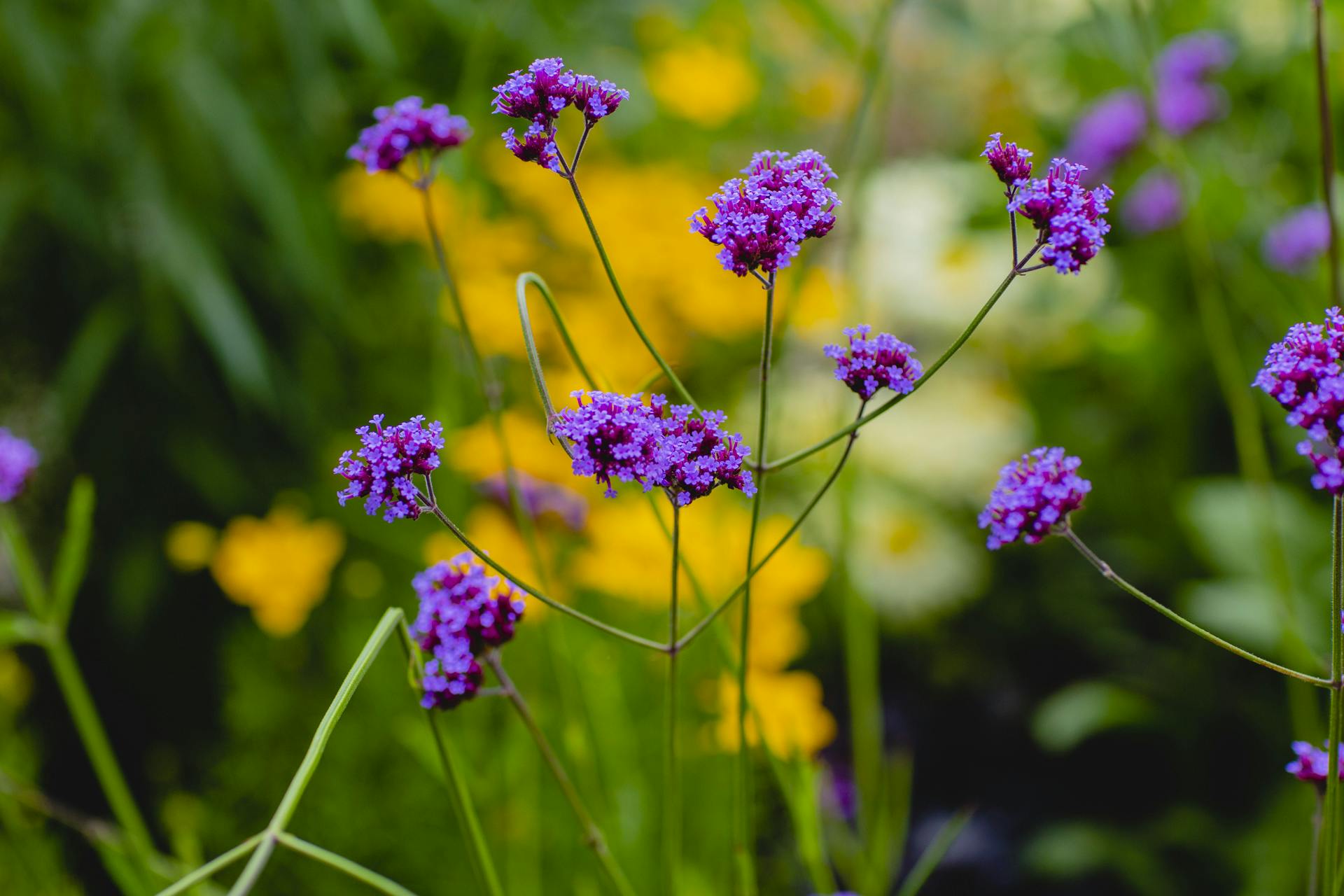Latest News
Palace Court students create a buzzing habitat for pollinators
Wednesday, 24 August, 2022 — Pre-Degree students partnered with Green Minds on an Urban Rewilding project to think about how art can actively support and promote the regeneration of nature and enhance biodiversity. As a result, students are working to make Palace Court a haven for bees and other wildlife in the city centre.
<p dir="ltr">When you think of bees, what first springs to mind? A hive? A colony, all working together to make honey? </p>
<p dir="ltr">Nine out of 10 bees are actually solitary bees. Unlike their sociable cousins, solitary bees live alone, have no queen and don’t produce honey. With no hive to protect they are gentle, non-aggressive characters who rarely feel the need to sting. Despite not doing everything typically expected from a bee, they are incredibly important and carry out a vital role in pollinating our crops, flowers and trees. They are the unsung heroes of the bee world, with over 240 species calling the UK home.</p>
<p dir="ltr">The habitats of bees are under threat, with use of chemicals in farming and larger field sizes destroying their homes. As we build more properties and landscape our gardens, we unwittingly destroy solitary bee nesting sites. In some parts of China, pollination is already being undertaken using paint brushes because there are no bees left to do it naturally. Recent studies across Europe have found that insect numbers have declined by as much as 75%.</p>
<p dir="ltr">All of this is bad news for the bees, as Owen Finnie from <a href="https://www.pollenize.org.uk/about-pollenize">Pollenize</a>, explained in a talk he delivered to our <a href="https://www.aup.ac.uk/courses/pre-degree/ual-level-3-extended-diploma-in-art-design">UAL Level 3 Extended Diploma in Creative Practice: Art, Design and Communication</a> students at the start of the Urban Rewilding project.<br /></p>
Bee Hotels in Palace Court
<p dir="ltr">Owen said, “Solitary bees are estimated to be two to three times more efficient pollinators than honey bees. Over 90% of UK bees are categorised as solitary bees, so they are incredibly important to the pollination of plants in this country. In fact, more than one-third of the world’s crop species depend on bee pollination. We can all do our bit for our solitary bees by creating urban havens and providing them with diverse forage and habitat.”</p>
<p dir="ltr">With this in mind, students were tasked with making Palace Court a haven for bees and other wildlife by creating ‘Pollinator Palaces’, homes for solitary bees and other pollinating insects. In a project partnered with <a href="https://greenmindsplymouth.com/">Green Minds</a>, whose projects are actively rewilding parts of the city, students were asked to think about two important questions: How can art actively support and promote the regeneration of nature, and how can they make artwork that helps enhance biodiversity in the local environment?</p>
<p dir="ltr">Alongside the nesting site for bees, the response of students was to also help design a wildflower garden, encouraging a host of pollinators and acting as a “bee buffet” to serve the residents of the new bee hotels.</p>
Planters and bird boxes at Palace Court
<p dir="ltr">After researching art, techniques and materials as inspiration for creating and decorating their bee hotels and bird boxes, their explorations led them to <a href="https://www.fablabplymouth.org/">Fab Lab Plymouth</a>. Here they had the opportunity to experiment by combining laser cutter techniques with cob building material, mixing old crafts with new technology. Under expert guidance from the <a href="https://www.fablabplymouth.org/projects/smart-citizens-programme/">Smart Citizens Programme</a> team, some students used CAD software to create their bee home structures, using Autodesk Fusion 360 and Slicer, later incorporating cob inside the structures. Others decided to make their bee homes entirely by hand with wood, cob and clay.</p>
<p dir="ltr">Once created, the structures took their place in the garden at <a href="https://www.aup.ac.uk/courses/pre-degree">Palace Court</a>, alongside a number of corten steel planters filled with flowers chosen for their value as a food, nectar and pollen source for solitary bees and butterflies. The planting was financed by Art’s University Plymouth’s Estates and Sustainability team.<br /></p>
Young Arts students decorate their bird boxes
<p dir="ltr">With bird boxes built and pollinator palaces ready for their new inhabitants, it was time to create work inspired by rewilding. Using art influenced by nature from different cultures as a starting point, the students tackled wider themes of rewilding. They explored people's connection with the natural world and the clash between humans and nature, communicating the social and ecological value of trees and rewilding for our city. <a href="https://www.aup.ac.uk/about-us/young-arts">Young Arts</a> participants also joined in with the project, making their own bee hotels and bird boxes, promoting the idea of ‘regenerative art’ (art that helps restore nature).</p>
<p dir="ltr">To keep up to date with the bees, Pre-Degree students <a>designed a website</a> that will track how successful the new habitats are at attracting pollinators. It also contains some helpful tips on how to create your own bee hotel. Solitary bees generally leave their nests in the spring ready for the mating season, so the students will be keeping a close eye on the newly installed habitats to see what emerges with the changing seasons.</p>
Planters and bird boxes at Palace Court
<p dir="ltr">Our specialist post-16 study programmes offer ambitious creatives a dedicated Pre-Degree campus to develop their unique perspective, meet like-minded people and gain the sought-after skills necessary to progress onto degree-level study or industry. If you want to find out more, call our Admissions team at +44 (0)1752 203402 or email <a href="mailto:admissions@aup.ac.uk" target="_blank" rel="noreferrer noopener">admissions@aup.ac.uk</a>.</p>
